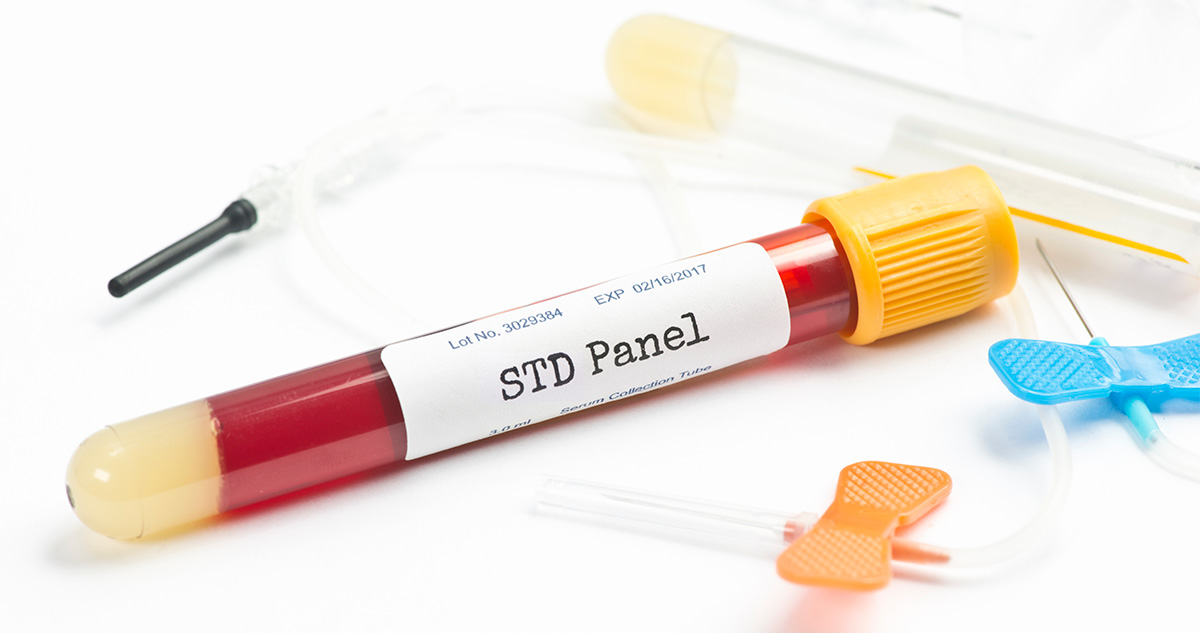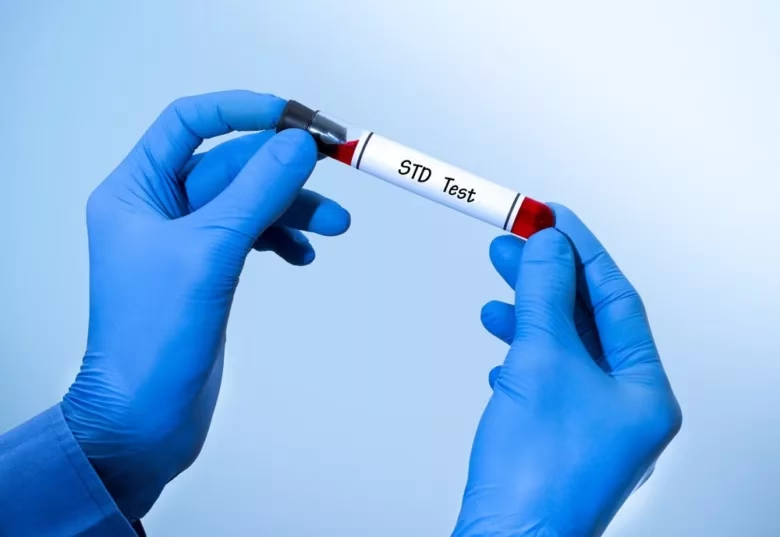Sexually transmitted infections (STIs) are a significant public health concern, affecting millions of people worldwide each year. Regular screening is crucial, as many STIs often have no visible symptoms, which can lead to long-term health complications if left untreated. Early detection through screening not only helps individuals maintain their health but also prevents the spread of infections to others.
In response to the growing prevalence of STIs, the Centers for Disease Control and Prevention (CDC) and the U.S. Preventive Services Task Force (USPSTF) have established clear guidelines for STI screening. Let’s learn more about them here.
Chlamydia Screening Guidelines
Chlamydia is one of the most common sexually transmitted infections that can lead to pelvic inflammatory disease (PID), infertility, ectopic pregnancy, and chronic pelvic pain. In men, it can result in urethritis and, in rare cases, infertility.
USPSTF Recommendations
The USPSTF recommends that all sexually active women under the age of 24 undergo routine chlamydia screening. Additionally, women over 24 who engage in high-risk sexual behaviors, such as having multiple sexual partners or inconsistent condom use, should also be tested. Regular STD tests help detect infections early and reduces the risk of long-term complications.
CDC Guidelines
The CDC recommends the same, advising annual screening for sexually active adolescents and women under 24. Additionally, they emphasize the importance of STD testing men who have sex with men. MSM should get tested for STD detection annually as part of routine sexual health care.
For pregnant women under 24 or those with high-risk behaviors, the CDC recommends taking STD tests during prenatal visits. This screening helps prevent the transmission of the infection to newborns.
Re-testing After Treatment
Re-infection is common among individuals who have been treated for Chlamydia, particularly if their partners remain untreated. The CDC recommends that individuals be re-tested 3 to 12 months after completing treatment, regardless of whether they experience symptoms. Follow-up STD tests ensure that the infection has been fully cleared and help prevent further spread.
Syphilis Screening Guidelines
Syphilis is a highly infectious STI that progresses through distinct stages if left untreated: primary, secondary, latent, and tertiary. Early detection is crucial, as untreated Syphilis can lead to irreversible health issues and even death in severe cases.
CDC and USPSTF Recommendations
Both the CDC and USPSTF strongly recommend Syphilis screening for all pregnant women during their first prenatal visit. For those at high risk, such as women who live in areas with high Syphilis rates or have multiple sexual partners, additional screening is advised during the third trimester and again at delivery to reduce the risk of passing the infection to the baby.
Routine STD testing is also recommended for individuals who engage in high-risk sexual behaviors, such as having multiple sexual partners, inconsistent condom use, or involvement in sex work.
High-Risk Groups
Certain groups face a higher risk of Syphilis infection. This includes men who have sex with men (MSM), people living with HIV, and individuals who have partners diagnosed with Syphilis. Getting tested for STDs is advised for MSM, with more frequent testing for those engaging in high-risk sexual activities, those with HIV, or those with a known Syphilis-positive partner.
Importance of Early Detection
Treating syphilis in its early stages can effectively eliminate the bacteria and prevent long-term damage. For pregnant women, early detection is vital to prevent congenital Syphilis, which can lead to serious complications for the baby, including birth defects, developmental delays, or even death. Thus, undergoing routine STD tests is essential in managing the spread and complications.

Gonorrhea Screening Guidelines
Individuals with Gonorrhea may not experience symptoms, especially women, making it easy for the infection to go unnoticed. Leaving it untreated, increases the chance of contracting HIV, causes serious long-term complications, like infertility, chronic PID and ectopic pregnany in women and Epididymitis (which can also result in infertility) in men.
USPSTF Recommendations
The USPSTF advises routine STD testing for all sexually active women under the age of 24. The risk of infection is higher in younger women due to biological factors and the potential for high-risk behaviors. Women over 24 who engage in high-risk behaviors, such as having multiple sexual partners or inconsistent condom use, should also be tested regularly to catch infections early and avoid complications.
CDC Guidelines
The CDC also recommends annual screening for sexually active adolescents and women under 24. They also stress the importance of regular STD testing for MSM, those who engage in high-risk sexual practices and pregnant women under 24.
Follow-up Testing After Treatment
The CDC recommends follow-up STD tests for individuals who have been treated for gonorrhea. Since reinfection is common, particularly if the same untreated sexual partners are involved, re-testing 3 to 12 months after treatment is advised. This ensures the infection has been cleared and helps prevent further transmission.
Affordable Rapid Testing, Arizona: The Best STD Testing Service You Can Avail
By following these screening guidelines set by the CDC and USPSTF, individuals can take control of their sexual health, reduce the spread of STIs, and avoid future complications. It’s important to consult with healthcare providers to understand your risk factors and get tested for STD issues regularly as recommended.
For affordable and confidential rapid STD testing, Affordable Rapid Testing, Arizona is your top choice. They offer quick, reliable results, allowing you to prioritize your sexual health without the hassle of long waiting periods. Whether you need routine screening or a specific test, Affordable Rapid Testing provides the best services you can ask for.


